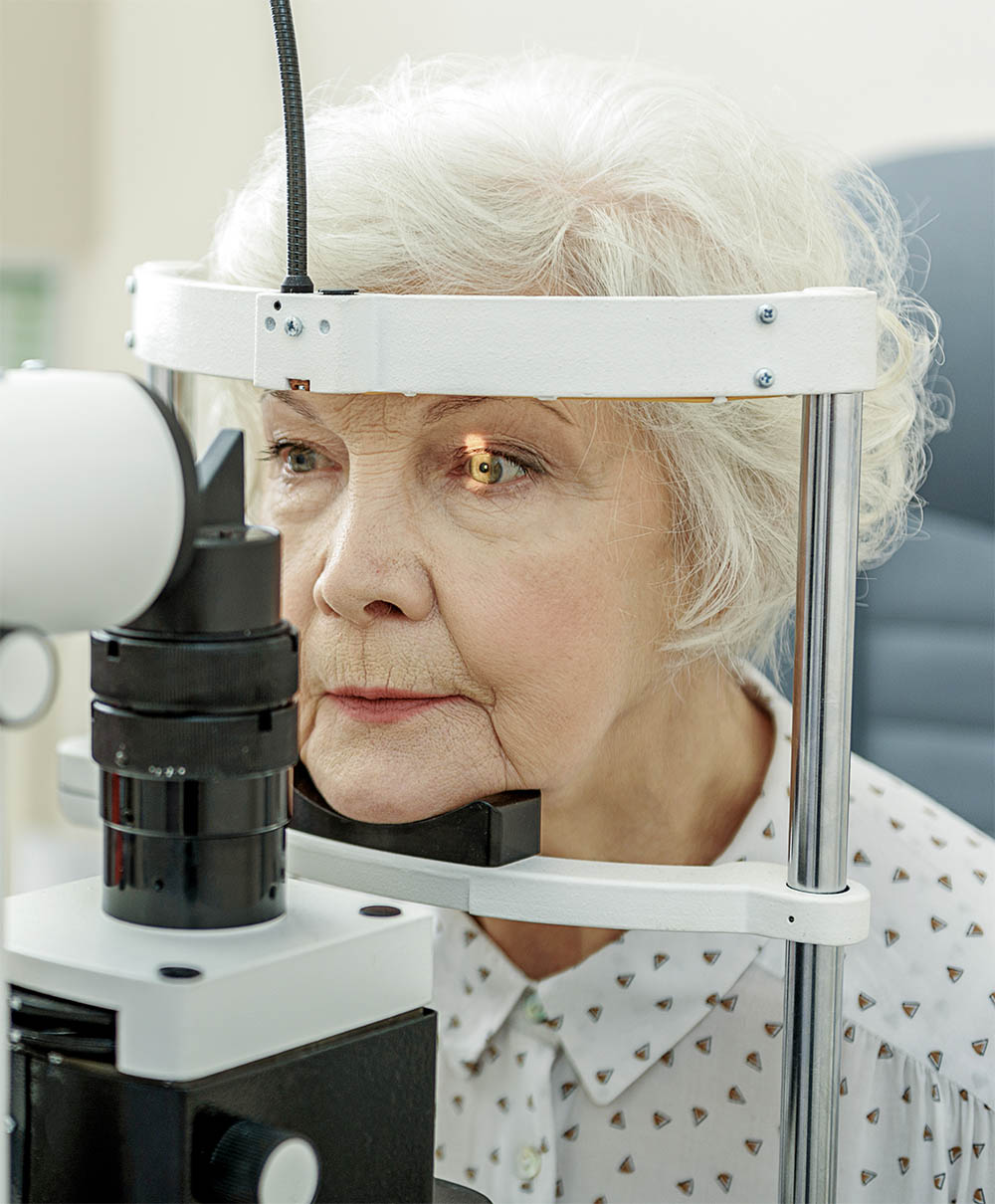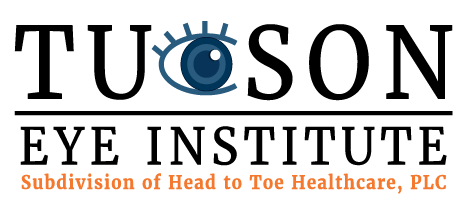Diabetic Eye Care
If you have diabetes, taking good care of your eyes becomes critically important. Even more so than it already is!
That’s because elevated blood sugar levels associated with diabetes can do significant damage to the eyes—especially to the retinas. If the tiny blood vessels in your eyes can’t supply enough oxygen and nutrients to the retinas or optic nerves, you could develop permanent blind spots.
Your eyes are too precious to lose! If you have diabetes, comprehensive eye care should be a high-priority component of your overall health plan.

How Diabetes Can Damage Your Eyes
The most serious common eye-related complication of diabetes is diabetic retinopathy. This is caused by sugar-related damage to the light-sensitive blood vessels and nerves of the retina, at the back of your eyes.
In the early stages, symptoms may be mild or even imperceptible. In time, however, diabetic retinopathy causes floaters and spots, blurry vision, blind spots, and ultimately complete blindness if not treated. Blind spots may be permanent, so early detection and treatment is extremely important.
Besides diabetic retinopathy, diabetes can also increase you risk of other eye conditions, including cataracts and glaucoma.
Diabetic Eye Exams
If you have diabetes, we urge you get more frequent eye exams—perhaps every 6 months to 1 year, instead of every 1-2 years.
In addition to all the components of a “standard” eye exam, we generally recommend retinal photography during a diabetic eye exam. This allows us to get a closer look at the retina and also establish a baseline to help us track changes better over time.
We’ll follow up with additional screening if necessary if we observe any bleeding, or other problems.
How Can I Treat and Prevent Diabetic Eye Conditions?
The best long-term strategy, especially when symptoms are mild, is to manage your diabetes as best you can. Maintain healthy sugar levels and keep your weight and blood pressure under control. Get plenty of exercise, eat a healthy diet, quit smoking, avoid abusing alcohol, etc. Lifestyle changes such as these can slow or halt the rate of damage to your eyes.
If our exam reveals a more serious issue—or you notice obvious symptoms such as blurry vision, light flashes, or blind spots—we may need to take more aggressive actions (potentially including surgery) in order to save your vision.
Contact us immediately if you have diabetes and notice any changes in your vision—you may be running out of time!

Keep Your Eyes Healthy!
To schedule an appointment with Dr. Zuraida Zainalabidin, please contact our office today at (520) 585-5717.
Contact Us
Office Hours:
Monday - Friday
8:00AM - 5:00PM
By Appointment Only:
First Saturday of the month from 8:00AM - 2:00PM
